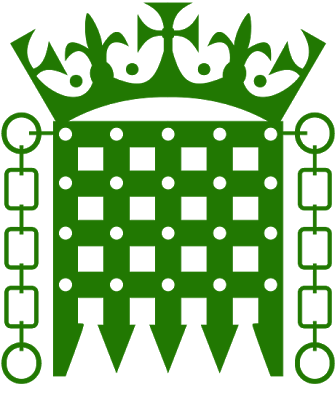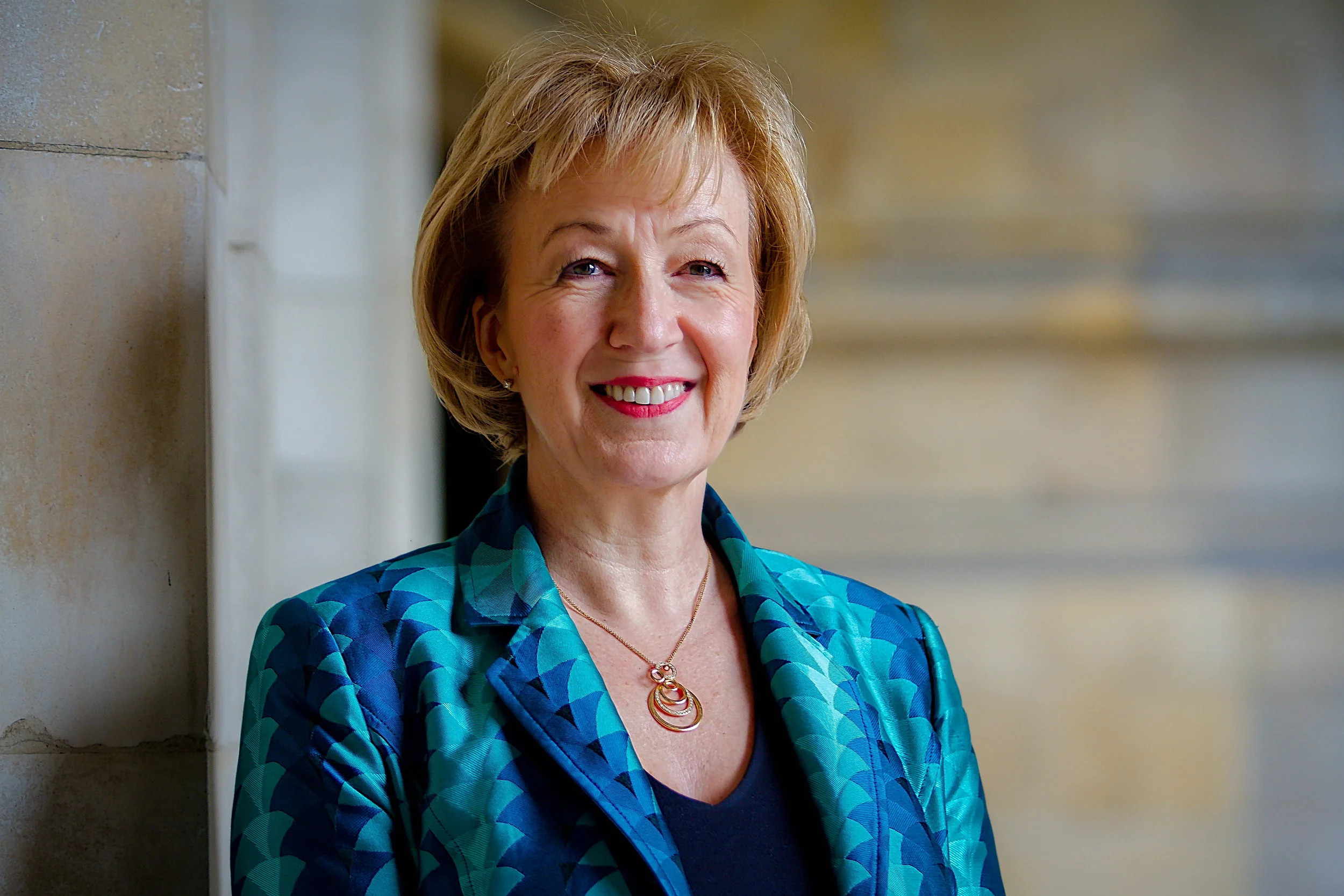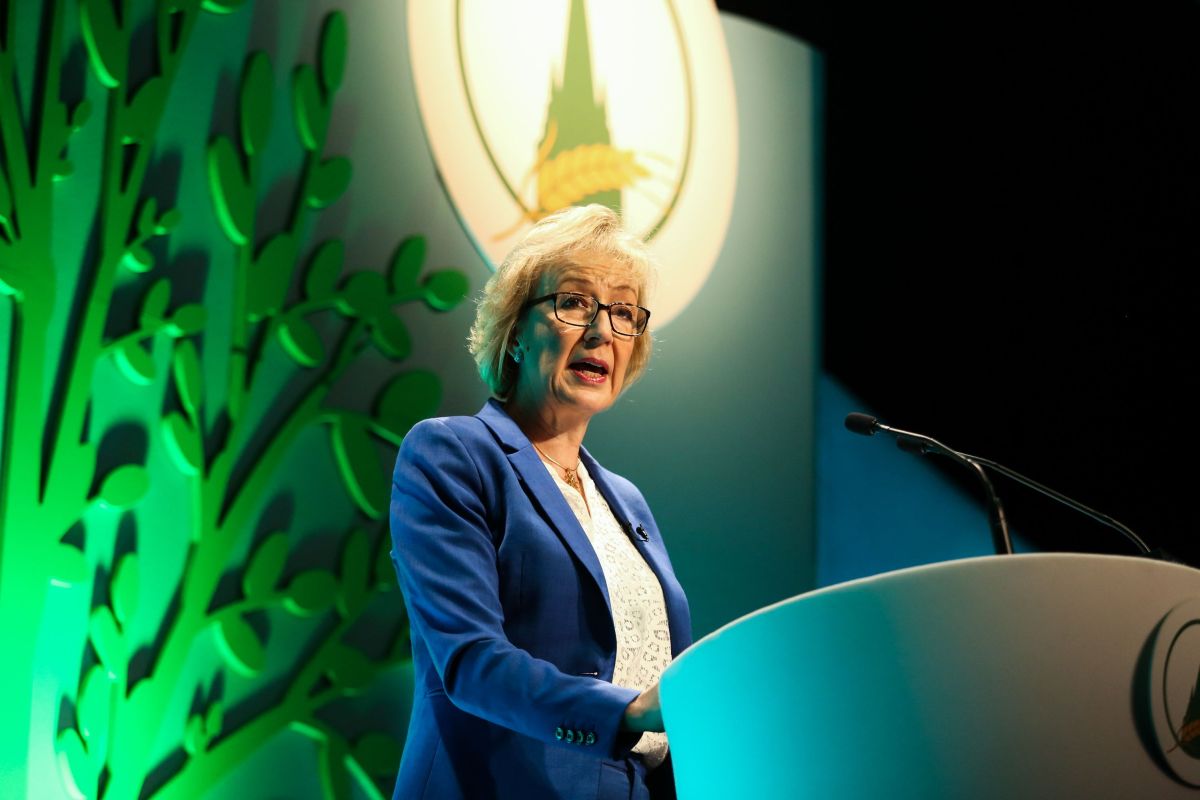Rural Payments Agency

For more than 40 years, British farming has operated within the confines of the European Union and the Common Agricultural Policy. As we leave the EU, the agri-food and farming sectors have some of the biggest opportunities of any in Britain, and I know from speaking to farmers and food producers across the country that many are excited about what they might achieve globally… once the shackles are removed.
However, I do appreciate that farmers are looking for clarity on specific issues – such as the future of direct support payments, seasonal agricultural workers, and access to global markets, to name just a few.
I also know how flawed the CAP is – how it ties you up in red tape, offers poor value for money, and fails to address the key issues that farmers face. It is a blunt tool that offers little reward or recognition for the services our fantastic British farmers provide for this country. And it’s desperately complicated.
Nearly 86,000 farmers are eligible for the Basic Payment Scheme, making up as much as 70 per cent of some farmers’ bottom line. In 2015, too many farmers experienced delays and problems with their BPS. I understand how important these payments are to farmers and this is why I have made clear my intention for the remaining 4.5 per cent of farmers waiting for BPS funding to be supported by the Government. In February, I secured an agreement from the Treasury to offer to any farmer with outstanding monies owed a 75 per cent bridging payment by the end of March, helping to support the industry.
A key priority for me on coming into Defra was to guarantee Pillar 1 income to 2020, and Pillar 2 payments signed before we leave the EU for their lifetime. This will provide certainty and continuity during the period of transition. But I also look forward to devising a new system of support that is fit for the future, one that recognises the needs of hill farmers alongside those of arable farmers, and protects our precious uplands as well as our productive fenland.





